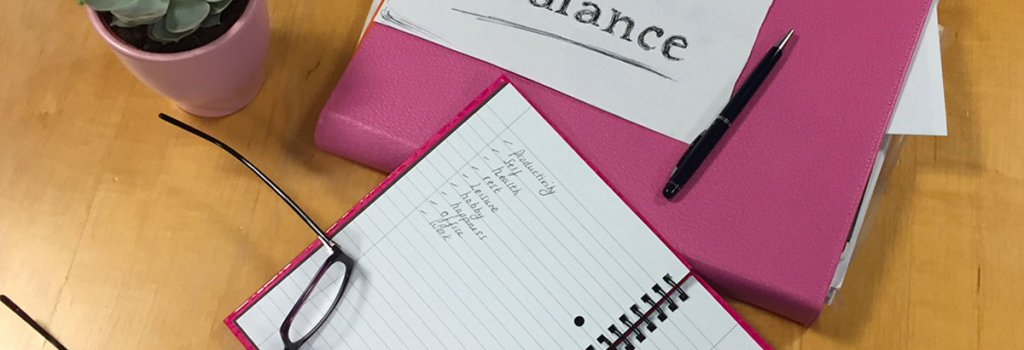How can you turn a hobby into a business?

Imagine waking up on a Monday morning, excited, enthused and in control of your own destiny. If you’ve got a hobby that you’re good at perhaps that dream could become a reality.
According to Not on the High Street and Oxford Economics “Over a quarter (27%) of the 134,000 small creative businesses in the UK today are run by women” and “90% enjoy life more and feel happier”.
But how do you go about turning your side-hustle into a fully-fledged business?
Honesty is the best policy
First and probably most important you need an honest critique of your work. As the saying goes ‘people will only pay what something is worth to them’. It can be one thing enjoying taking pictures or upcycling things for you own home but are your products good enough to get people to part with their cash?
Friends and Family may not be the best people to turn to for honest constructive feedback. Instead look to networking groups, learning circles and other creatives who can act as mentors. Giving you tips to make sure that your products are really on the money, before you go out asking other people for theirs.
Research, research oh and did we say research
Once you feel confident that you have a really good product or service, you need to test out if there is a market for it. Look at the market and your competitors. Is there an unmet need or niche that you can fill? Will you market yourself nationally or locally? What price are people paying for similar products. What costs will you have. How will you sell your services? Sites such as StartupDonut have lots of free resources and checklists to help you with this.
Get yourself out there
The great thing about turning a hobby into a business is that you can start small and build things up. If you’re confident in the quality of your products and services, have done the research into who you’re targeting, where they are and what to charge. It’s probably time to just jump in the deep end and start selling.
This is often called a ‘proof of concept’ and shows you if there is a demand for your products. Options include setting up on a platform such as Etsy, booking a stall at a local craft fair, offering free taster sessions to a class or marketing your services on social media. With most of these the costs are minimal, allowing you to test the market and refine your offering before you go all out.
Persist
It’s a cliché but passion and determination really are the key to success. Moving from something that you’ve just being doing for fun to a potential income stream can be a long a windy path. Be prepared to take some setbacks, learn from them and adapt your products and services. Somethings you try will work brilliantly, others won’t. The key to every successful hobbypreneur is recognising this, turning failure into opportunity and persisting until you find the magic for your business.
When to make the jump
So, you’ve been doing well, sales are increasing you can see opportunities to expand and grow but when do you make the jump. Often people feel comfortable quitting the day job once their income matches their salary. Not everyone has the luxury of a savings nest to fall back on, so you have to feel sure that you can pay the bills first.
Also remember it doesn’t have to be a big jump from one career to another. Look at ways of tapping into the Gig economy, perhaps you can use the skills from your day job and take on freelance projects to support your income or look at other skills and hobbies you could turn into a business too.
When setting up a business from home, remember to check if this has an impact on your home insurance. You may also need to check whether you need separate insurance for items which you use for business
Let us know if you’ve had success turning your hobby into a business over on our Facebook page.
